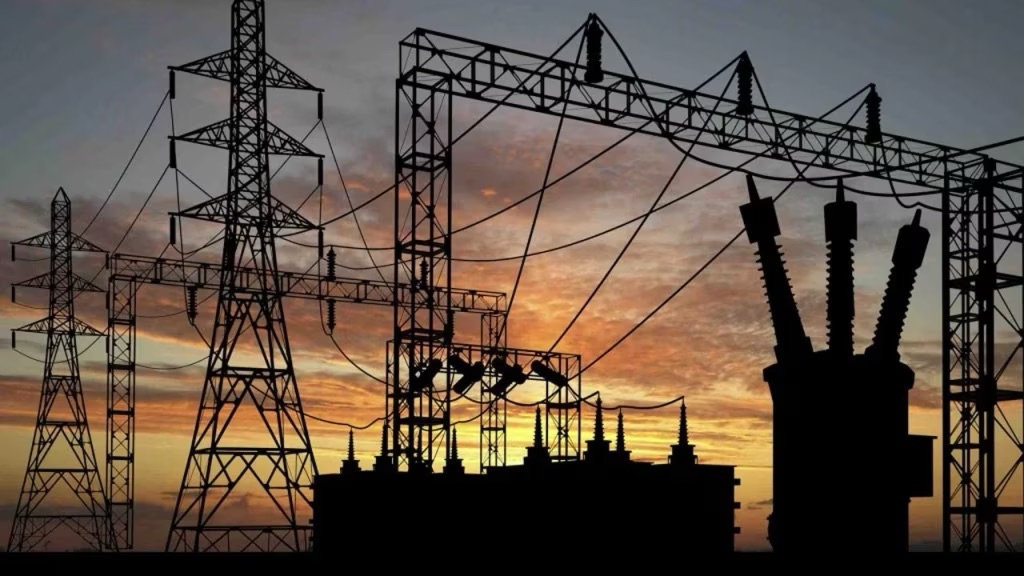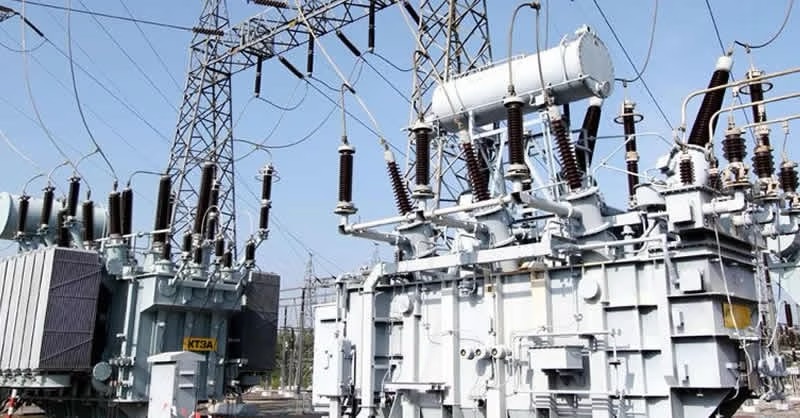Nigeria’s national power grid has recently suffered a significant setback, collapsing twice within a span of three days, resulting in widespread blackouts across many regions.
The first incident occurred on November 5, followed by a second collapse around 11:30 a.m. on November 7, 2024. According to reports, the second incident brought the grid’s power generation down to zero megawatts, affecting major distribution companies and leaving millions of Nigerians without electricity.

Nigeria’s national grid has been known to experience periodic collapses, a recurring issue in the country. Grid reliability has been hampered by aging infrastructure, underinvestment in maintenance, and limited energy equipment.
Additionally, Nigeria’s power transmission and distribution systems often face technical challenges due to high demand and outdated equipment. These issues frequently lead to partial or complete grid failures, significantly impacting residential areas, businesses, and essential services across the country.
On November 5, the first collapse triggered major outages, with early investigations suggesting that multiple line and generator trippings were responsible for the sudden drop in power. Shortly after this incident, the Nigerian System Operator’s portal confirmed that on November 7, power output once again plummeted to zero megawatts.
Several electricity distribution companies, including Ikeja Electric, Eko Electricity Distribution Company, and the Jos Electricity Distribution Company, used social media to inform customers about the blackout, emphasizing that they were coordinating with other stakeholders to restore supply.
Ikeja Electric, which serves the populous Lagos area, explained that the loss of power stemmed from a system outage affecting supply across its network. Other providers shared similar updates, warning customers of the likely prolonged interruptions while restoration efforts were underway. Some regions experienced immediate power outages, while others saw gradual declines in electricity supply as the grid instability worsened.
In recent years, Nigeria has explored privatization and international investment as potential solutions to boost capacity and improve grid reliability. However, these efforts have yet to deliver consistent improvements. In response to the recent collapses, the federal government is expected to conduct a full investigation to understand the root causes and prevent future occurrences. Some industry experts believe that substantial investment in grid technology, better maintenance practices, and expanded infrastructure are essential to addressing Nigeria’s longstanding energy issues.





